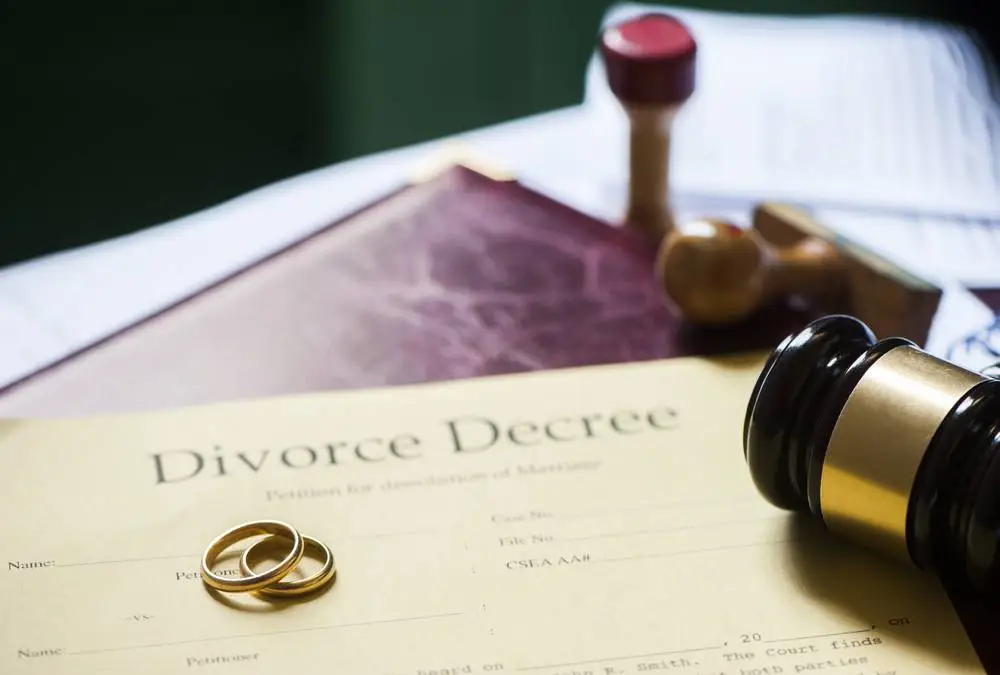Divorce transfer petitions are becoming increasingly common in the Supreme Court. This is due to the fact that more and more couples are choosing to divorce outside of the traditional court system. This is a big change, and it’s causing some problems.
Divorce transfer petitions are a common occurrence. This is because divorce is a complicated and emotional process, and couples often want to make sure their divorce is as fair and equitable as possible.
One of the main problems is that the Supreme Court is not equipped to handle all the new cases. This means that there are often delays in the proceedings, and it can take a long time for a decision to be made. Additionally, the Supreme Court cannot always provide the same legal representation to divorced couples as it does to married couples. This can lead to unfairness and inequality.
If the petition is successful, it could change the way divorces are handled. Up until now, divorces have been handled through state courts. This means that the laws in each state vary, and it can be difficult for couples to get divorced if they live in a state where the law is unfavorable to them.
The transfer petition would allow divorces to be handled through the Supreme Court. This would make it easier for couples to get a divorce, and it would also reduce the amount of time and money they would have to spend on their split. If the Supreme Court approves the transfer petition, it could change the way divorces are handled in India.
Transfer petitions can be filed in either the family division or the Supreme Court, depending on the state in which the couple resides. The process of filing a Transfer petition in Supreme Court is fairly straightforward.
The couple will need to gather all the paperwork related to their divorce including copies of the marriage certificate, divorce decree, and any property or debt agreements that have been made. They will also need to provide copies of any children’s birth certificates or adoption papers.
Once all of the paperwork has been filed, the couple will need to meet with a lawyer to discuss their transfer petition. The lawyer will look at the documents and recommend whether or not the petition should be filed in the family division or the Supreme Court.
If the petition is filed in the Supreme Court, the couple will need to pay a fee and wait several months for a hearing to take place. If the petition is filed in the family division, there is no fee involved and the hearing can take place immediately.
Conclusion
The Supreme Court is seeing an increase in divorce transfer petitions. This is a result of the growing number of couples who decide to file for divorce outside of the conventional judicial system. It can take a while for the Supreme Court to rule because it is not equipped to handle all the new cases.
The manner divorces are processed may change if the petition is granted. The transfer petition’s approval by the Supreme Court could alter how divorces are conducted in India. A Transfer petition can be submitted to the Supreme Court in a pretty simple manner. Couples who file a petition in the family division must pay a fee and wait several months for a hearing to take place.



